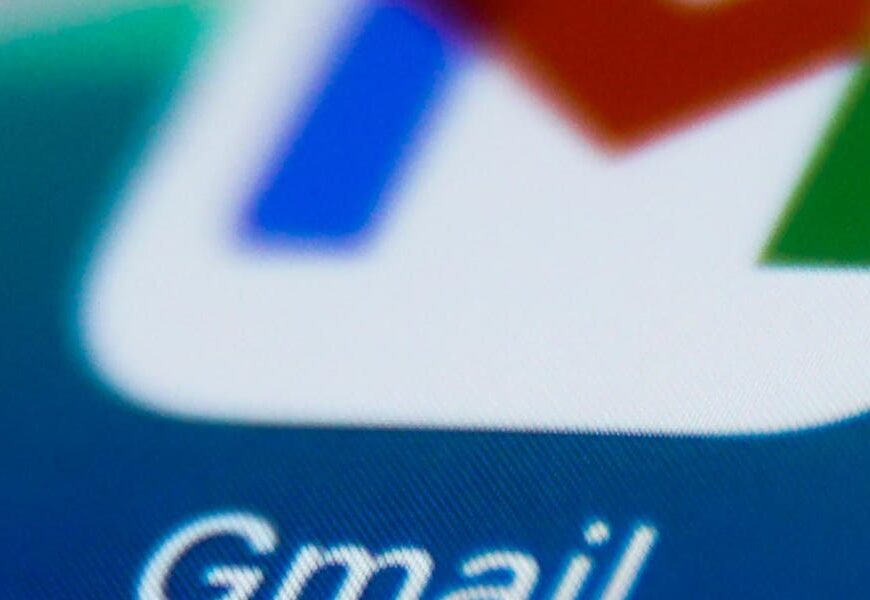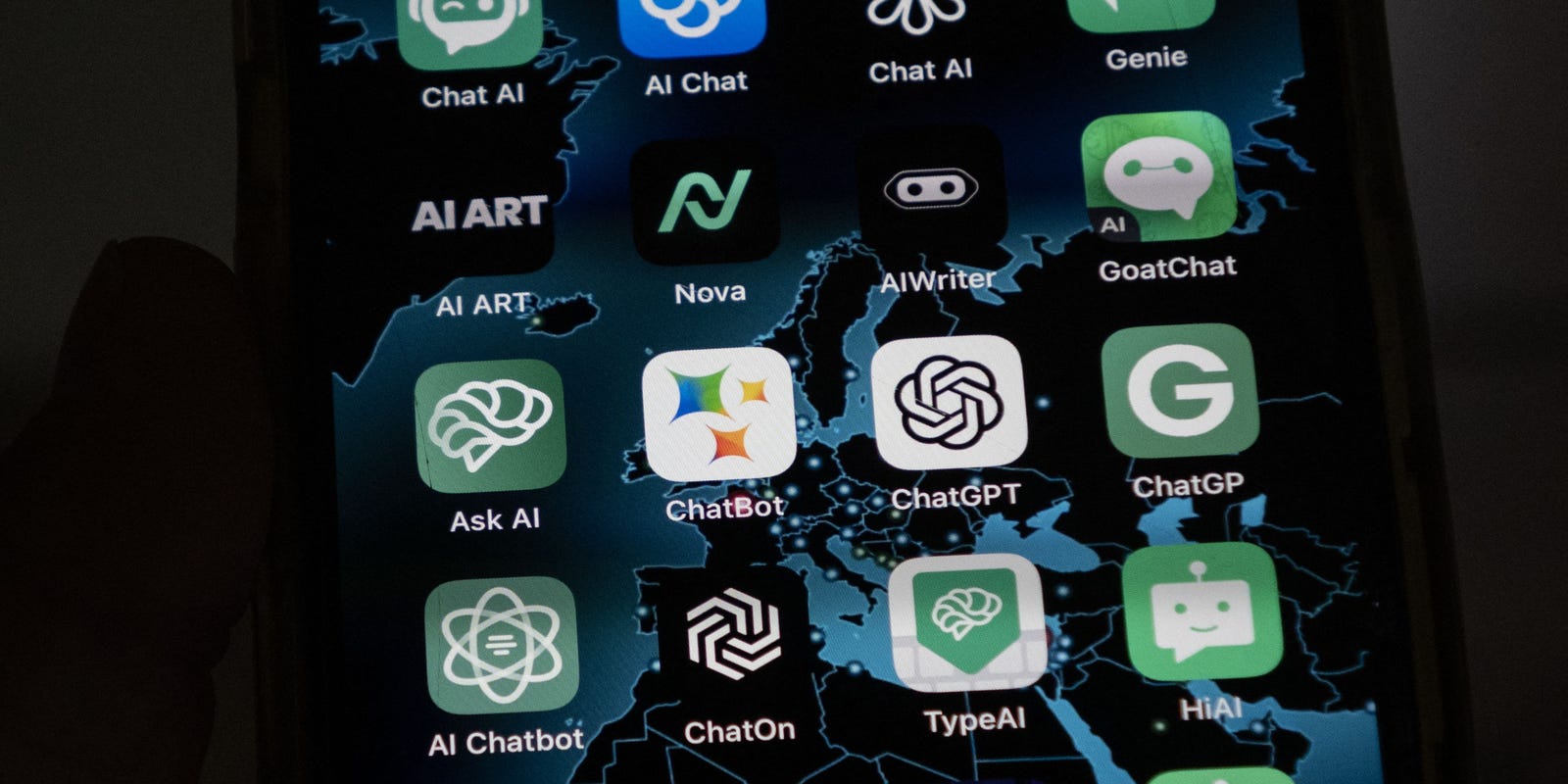In the realm of AI privacy, the mobile sector has become a battleground, with tech giants like Google, Samsung, and Apple vying for user engagement, shedding light on the associated risks.
Gemini, initially introduced as a Copilot-like feature within Workspace Labs and later integrated as a paid addition to Google One for Workspace, is now poised to make its way to Gmail on Android, catering to a broader audience of millions of users. Its focus on mobile users brings about a shift in functionality and associated risks.
A breakdown by AssembleDebug of a Gmail development beta revealed Google’s preparations to introduce Gemini AI-powered reply suggestions in Gmail on Android. This move signifies Google’s commitment to enhancing Gemini’s capabilities and integrating its magic into various functions. The feature is expected to roll out to users in the upcoming weeks, pending any unforeseen obstacles.
While desktop beta testers and premium subscribers benefit from Gemini’s ability to summarize email threads, suggest responses, and retrieve information from past emails and Google Drive files, the Android application offers a distinct experience. It presents three suggested replies with varying degrees of sophistication for each email, enhancing the allure of generative AI.
Contrasting the simplistic auto-replies of the past, Gemini on Android, as depicted in screenshots shared by PiunikaWeb, showcases notable improvements and a more sophisticated approach. Notably, Gemini analyzes your emails, even without your direct involvement.
In terms of privacy and security implications, the desktop versions of Google Workspace and Microsoft Office AI solutions raise concerns regarding data privacy, cloud storage, potential human review, and data security risks. Workspace Labs users are cautioned about the use of their data for product development and machine learning technologies, emphasizing the importance of avoiding personal or sensitive information in their interactions.
The shift towards mobile signifies a significant shift in the AI privacy landscape. The analysis of private email content for generating replies on Android mirrors the potential functionality of Gemini on Google Messages. This raises questions about the extent of analysis conducted locally versus in the cloud for enhanced processing and storage.
While Google assures Workspace users that their data is not utilized to enhance generative AI models without consent, the scenario differs for Gemini on Google Messages. Here, user conversations are collected for quality improvement, involving human review processes. Users are explicitly advised against sharing confidential information to prevent unauthorized access or use for product enhancement.
As the deployment of Gemini on Gmail for Android unfolds, the privacy and security implications for millions of users come into focus. Moreover, the prospect of Gemini’s integration with iPhone adds a new dimension to the discussion, although Google is unlikely to analyze messages within Apple’s native apps. The emphasis on user consent remains paramount, with Google affirming its commitment to transparent data usage notifications before accessing personal data for AI applications like Gemini.
While the specifics of the upcoming Gmail update remain uncertain, based on past experiences, the release may not be far off. Further insights on this development are awaited, with inquiries directed to Google for additional comments.










